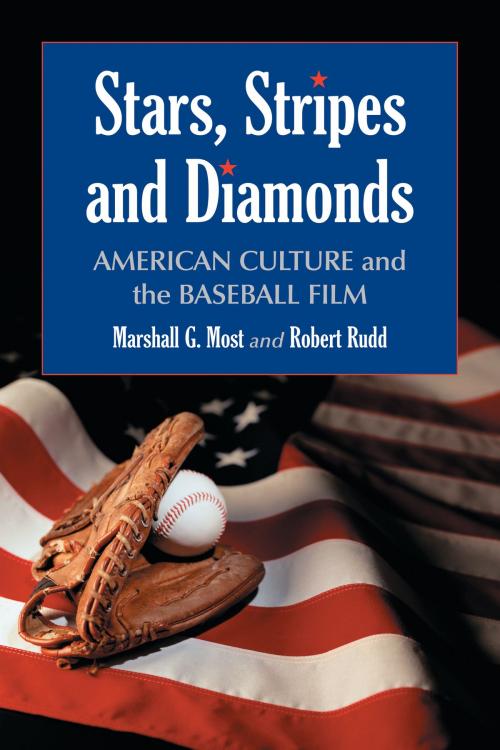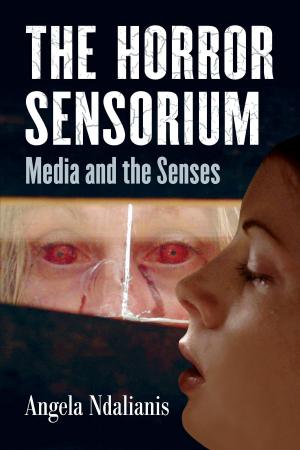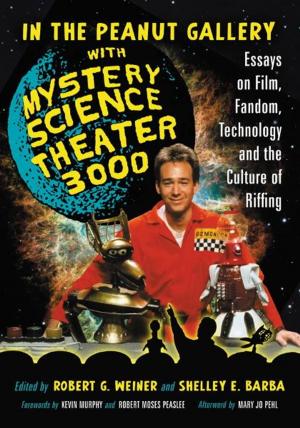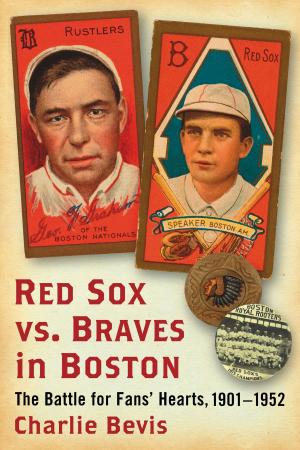Stars, Stripes and Diamonds
American Culture and the Baseball Film
Nonfiction, Sports, Baseball, Entertainment, Performing Arts, Film| Author: | Marshall G. Most, Robert Rudd | ISBN: | 9781476634623 |
| Publisher: | McFarland & Company, Inc., Publishers | Publication: | April 27, 2018 |
| Imprint: | Language: | English |
| Author: | Marshall G. Most, Robert Rudd |
| ISBN: | 9781476634623 |
| Publisher: | McFarland & Company, Inc., Publishers |
| Publication: | April 27, 2018 |
| Imprint: | |
| Language: | English |
Since the Progressive Era, baseball has been promoted as an institution encapsulating the best of American values and capable of bridging the chasms of twentieth century American culture—urban versus rural, industry versus agriculture, individual versus community, immigrant versus native, white versus color. Among the more enthusiastic of the game’s proponents have been American filmmakers, and baseball films present perhaps the purest depiction of baseball’s vision of an idealized America. This critical study treats baseball cinema as a film genre and explores the functions of baseball ideology as it is represented in that genre. It focuses on how Hollywood’s presentation of baseball has served not only to promote dominant values, but also to bridge cultural conflicts. Commentary on 85 films deals with issues of race, community, gambling, players, women, and owners. Instructors considering this book for use in a course may request an examination copy here.
Since the Progressive Era, baseball has been promoted as an institution encapsulating the best of American values and capable of bridging the chasms of twentieth century American culture—urban versus rural, industry versus agriculture, individual versus community, immigrant versus native, white versus color. Among the more enthusiastic of the game’s proponents have been American filmmakers, and baseball films present perhaps the purest depiction of baseball’s vision of an idealized America. This critical study treats baseball cinema as a film genre and explores the functions of baseball ideology as it is represented in that genre. It focuses on how Hollywood’s presentation of baseball has served not only to promote dominant values, but also to bridge cultural conflicts. Commentary on 85 films deals with issues of race, community, gambling, players, women, and owners. Instructors considering this book for use in a course may request an examination copy here.















